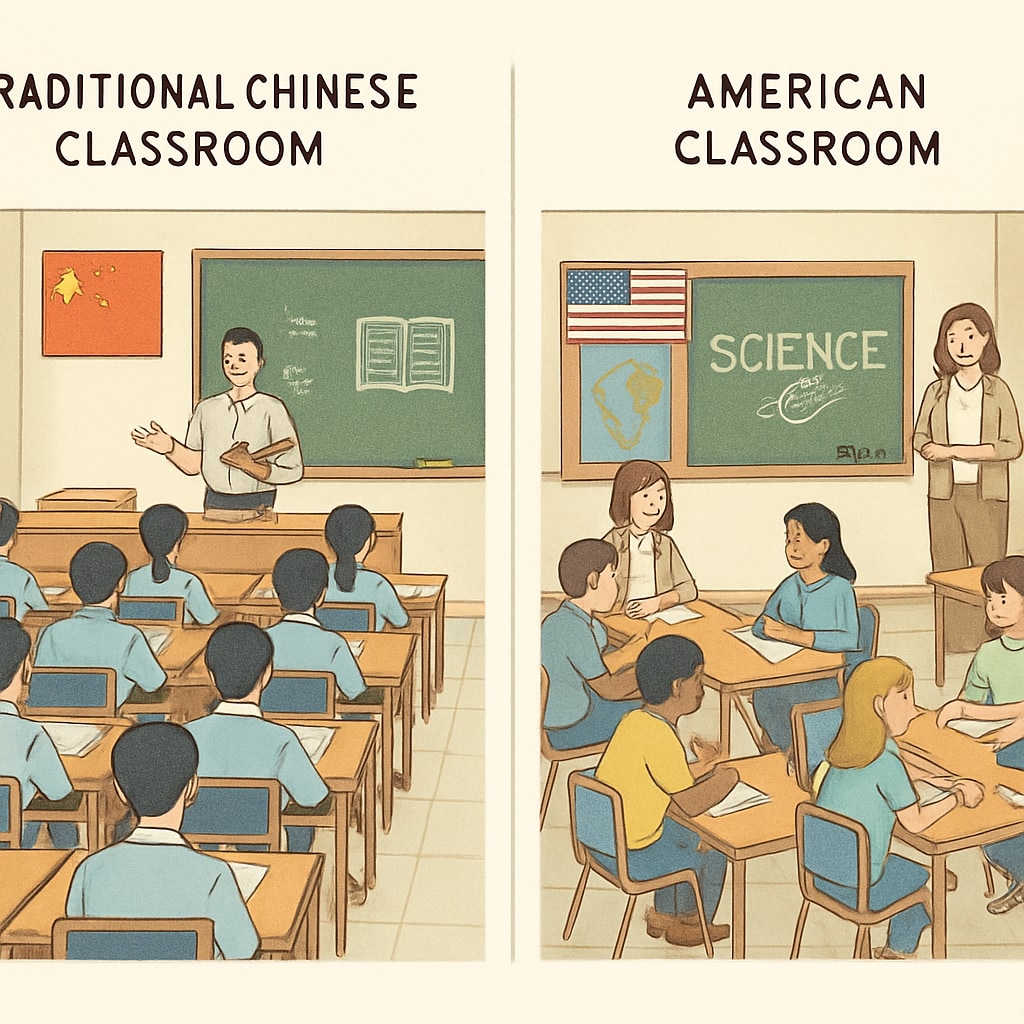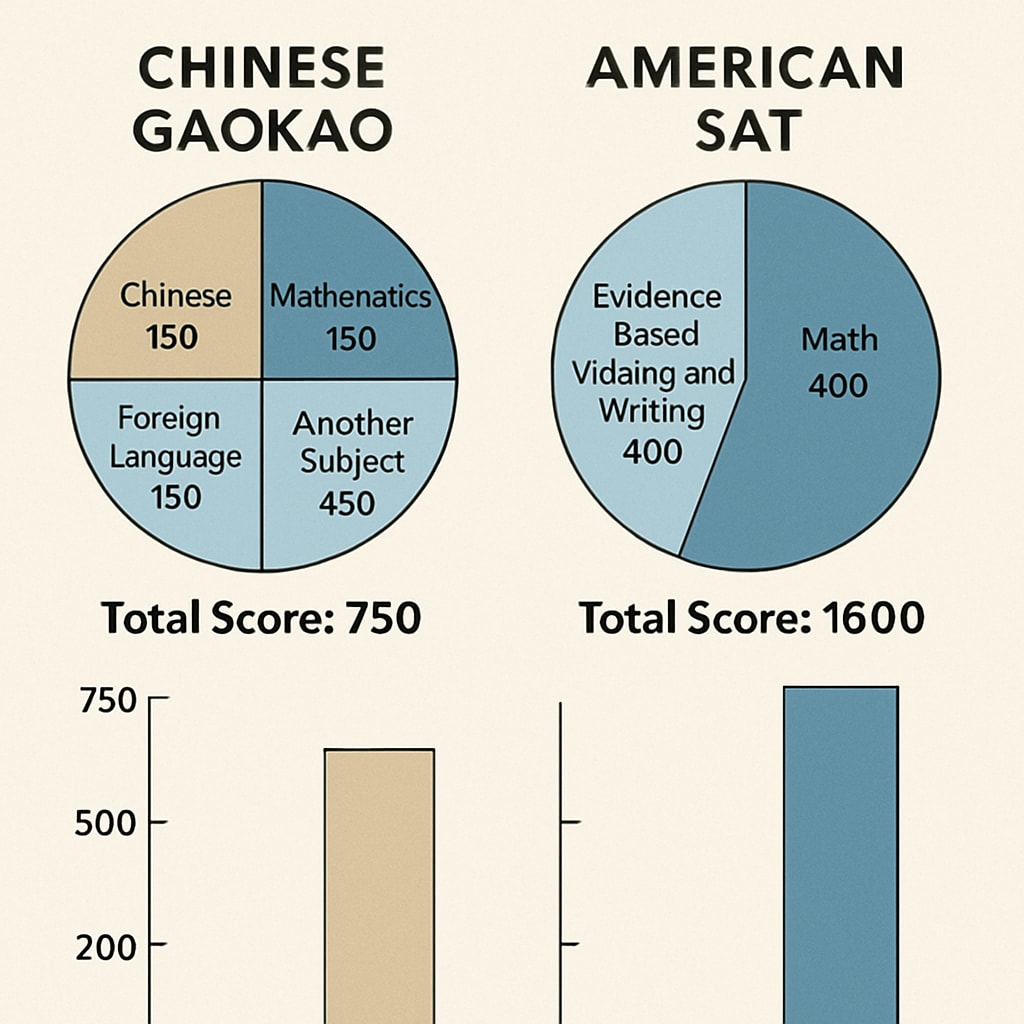The differences between Chinese and American education systems, test scores, and resource allocation reveal distinct approaches to student development. These variations stem from cultural values, historical contexts, and national priorities.

Core Philosophical Differences in Education Systems
Chinese education emphasizes collective achievement and standardized testing as primary evaluation tools. According to Education in China on Wikipedia, the system prioritizes discipline and mastery of core subjects. In contrast, American education values individual creativity and holistic development, as documented by Education on Britannica.
Key contrasts include:
- Chinese focus on memorization and precision
- American emphasis on critical thinking
- Different approaches to classroom participation
- Varying teacher-student relationships
Assessment Methods and Test Scores
The role of examinations differs significantly between both systems. While China’s Gaokao determines university admissions, American colleges consider multiple factors beyond SAT scores.

This fundamental difference in evaluation leads to distinct:
- Student stress levels
- Preparation methods
- Learning priorities
- Long-term skill development
However, both systems are gradually incorporating elements from each other, creating hybrid models in some institutions.
Readability guidance: The article maintains short paragraphs and uses transition words like “however” and “in contrast” to improve flow. Technical terms are explained in context, and passive voice is minimized.


